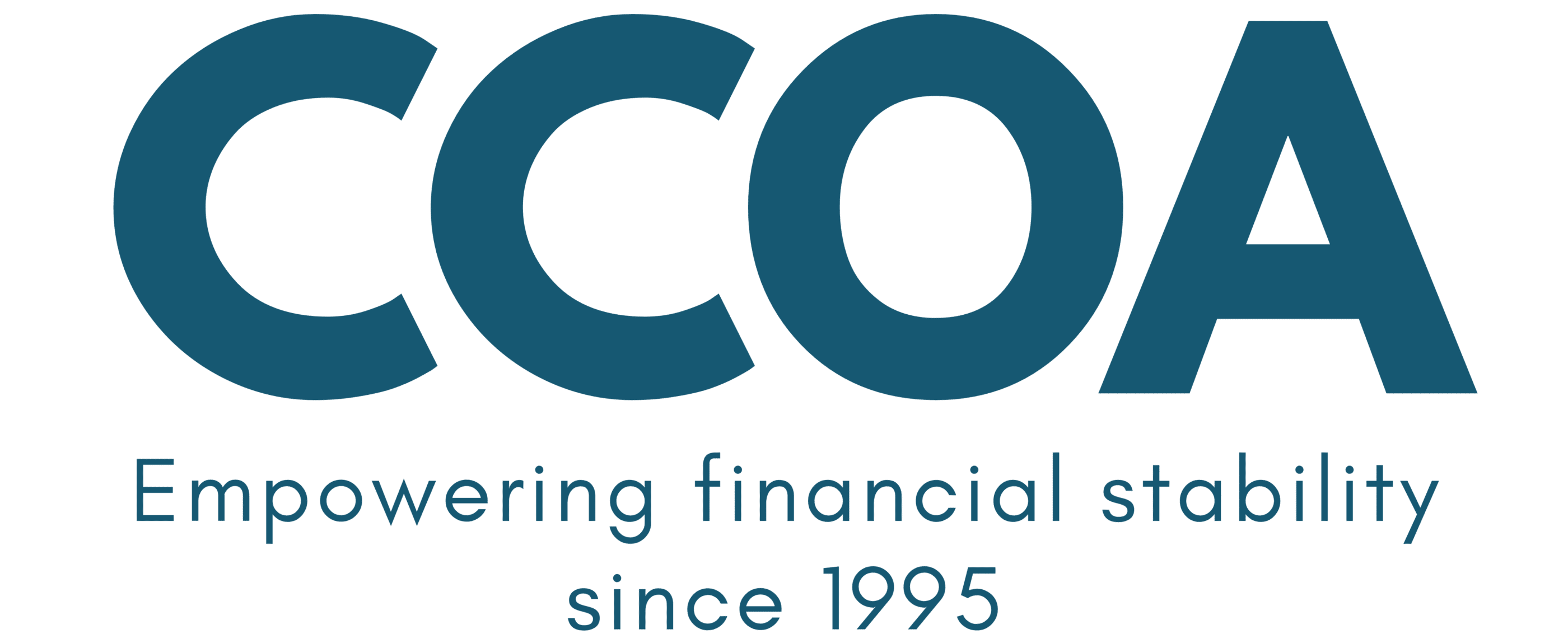One of the primary reasons our friends and neighbors reach out to CCOA is to work through the life events that come their way, such as a reduction is work hours. Working through a loss of income can be a challenge, but here are two time-tested strategies for weathering financial storms.
1. Go Into Financial Survival Mode. Hope for the best, but plan for the worst. Track your spending for at least two weeks to see where your money is going and then make spending adjustments. We advise people to do this through their online banking account, bank statements or other reputable tools that track and categorize spending. Once you’ve started tracking where your money is going, develop your emergency spending plan by determining which expenditures can be reduced or eliminated completely for now. Some categories we recommend starting with are eating out and entertainment like music or video subscriptions. Many of our clients free up $250 or more each month when reducing spending on these categories alone.
2. Prioritize Your Spending. To be sure your dollars stretch, prioritize where your money is going. Some bills might be noisy (calls, notices, etc.), but you may have to ask them to wait so you can take care of the basics. Here’s how we suggest prioritizing.
- Priority 1: Shelter and food (groceries, not restaurants)
- Priority 2: Automobiles and other secured debt (Don’t think repossession of an automobile will eliminate your payment; it usually results in a large unsecured debt)!
- Priority 3: Unsecured creditors (credit cards, medical debts, collection agencies).
- Priority 4: Nonessential living expenses. Keep in mind that your emergency spending plan is temporary! You can always re-add faster internet, movie channels, going out to eat, etc., once back on your financial feet.





